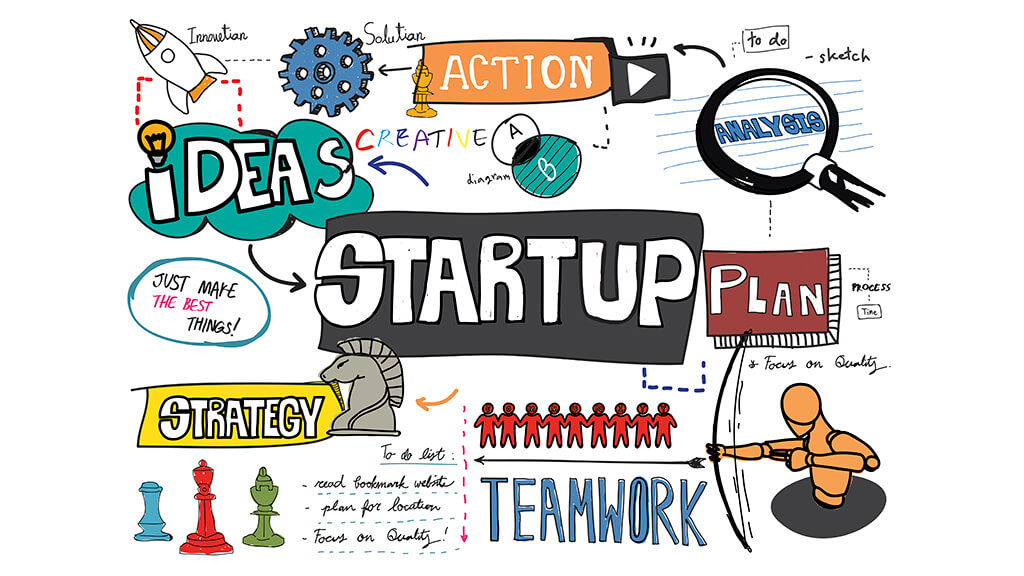PEOPLE aged 25 to 40 have set up 49 percent of new businesses in Britain since July 2020.
A study was conducted by cloud accounting company Ember, analysing 400,000 records from Companies House over the past 11 months.

Millennials make up the largest proportion of entrepreneurs in the UK, ahead of Generation X — current ages 41 to 56 — which accounts for 33 percent of the most recent entrepreneurs.
Baby Boomers — 57 to 75 — set up 9.6 percent of new businesses, while Generation Z — 16- to 24-year-olds — is responsible for 7.8 percent of new companies.
On a more random note, the survey found that the largest number of new businesses were registered by someone with the first name David, followed by Michael and James. The most common female name was Sarah, with Emma in second and Rebecca in third.
Of the 100 most common names for new business starters, 74 were typically male names, while 19 were traditionally female.
More than 227,000 businesses were set up by Millennials. With some 14.2 million people born in the UK between 1981 and 1996, that represents 1.6 percent of the generation. For Gen X, 1.09 percent of the 14 million people born between 1965 and 1980 have taken the plunge.
Data reveal that there are seven million Gen Z-ers who are at least 16 years old — the minimum age to register a company — which means that 0.51 percent of the group have set up a business, compared to 0.33 percent of the 13.5 million Boomers.
Ilford had the highest number of new businesses per head of population, followed by Manchester and Dagenham. Romford is in fourth, Hayes is fifth and Southall six, meaning five of the six most entrepreneurial places in the UK are in London. But overall, the capital ranks 25th on the list for ratio of new businesses to population.
The most popular type of enterprise has been e-commerce, with more than 26,000 new companies registered as “retail sale via mail-order houses or via internet”.
“Management consultancy activities other than financial management” comes in second, with some 14,000 new providers. Then come “other service activities”, which can include everything from pet-sitting services to pavement art and tattooing.




























